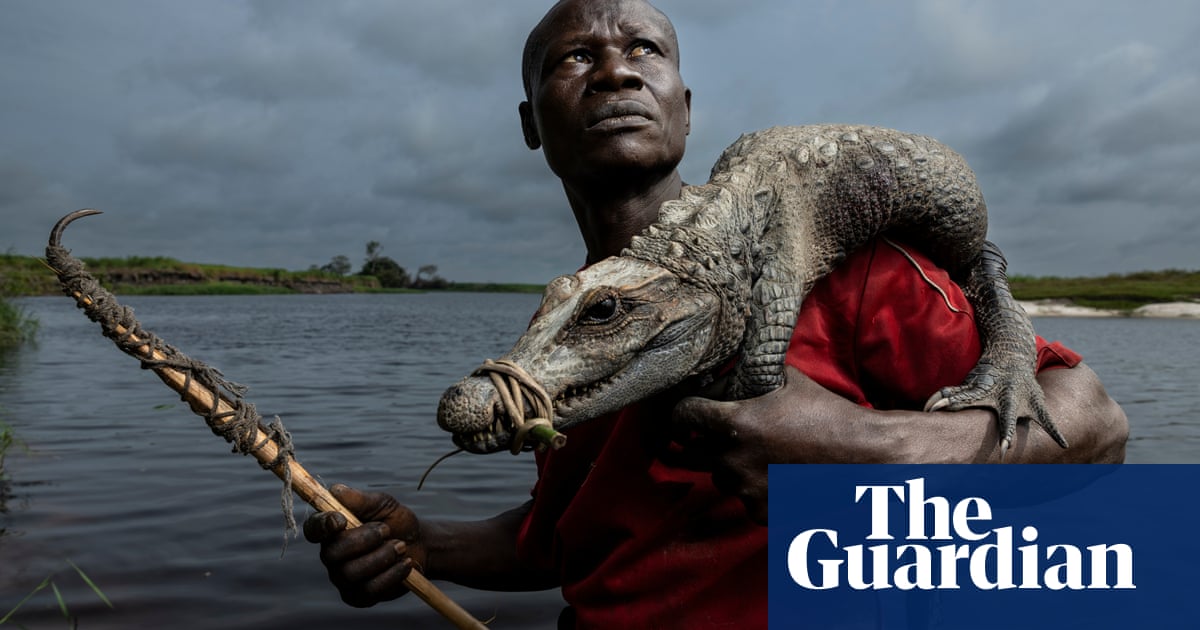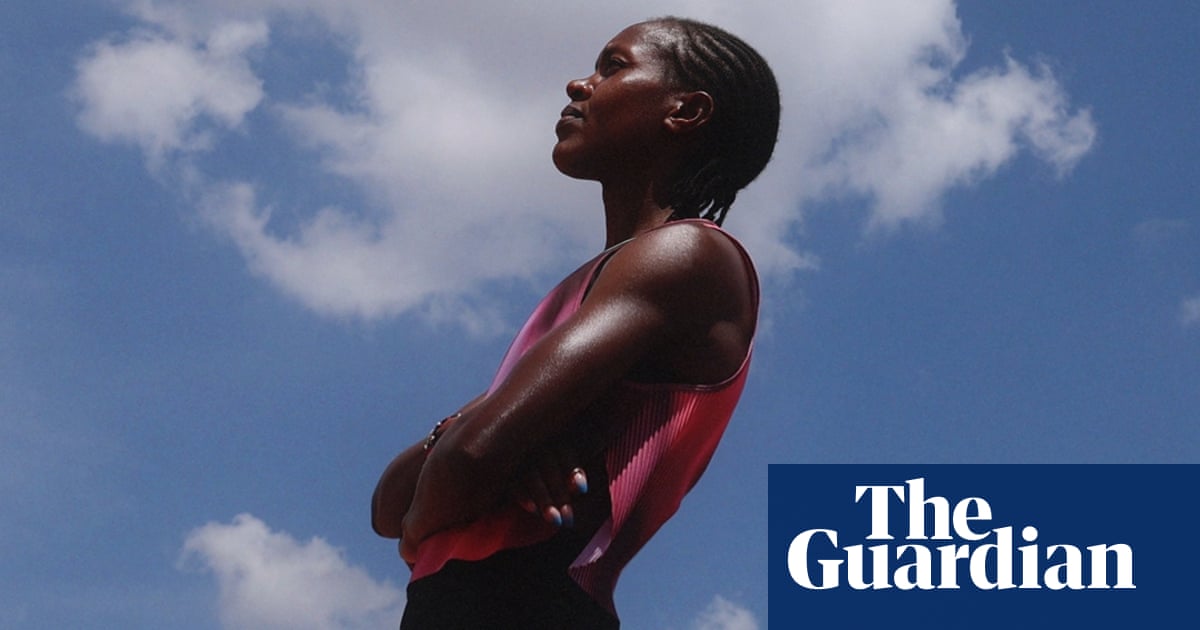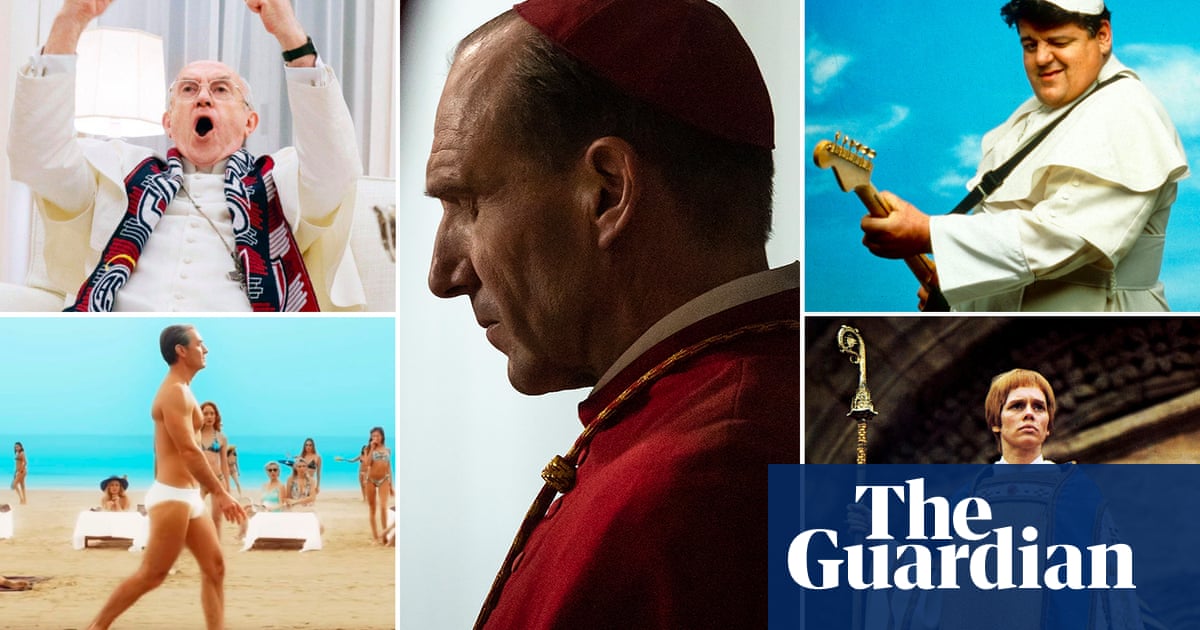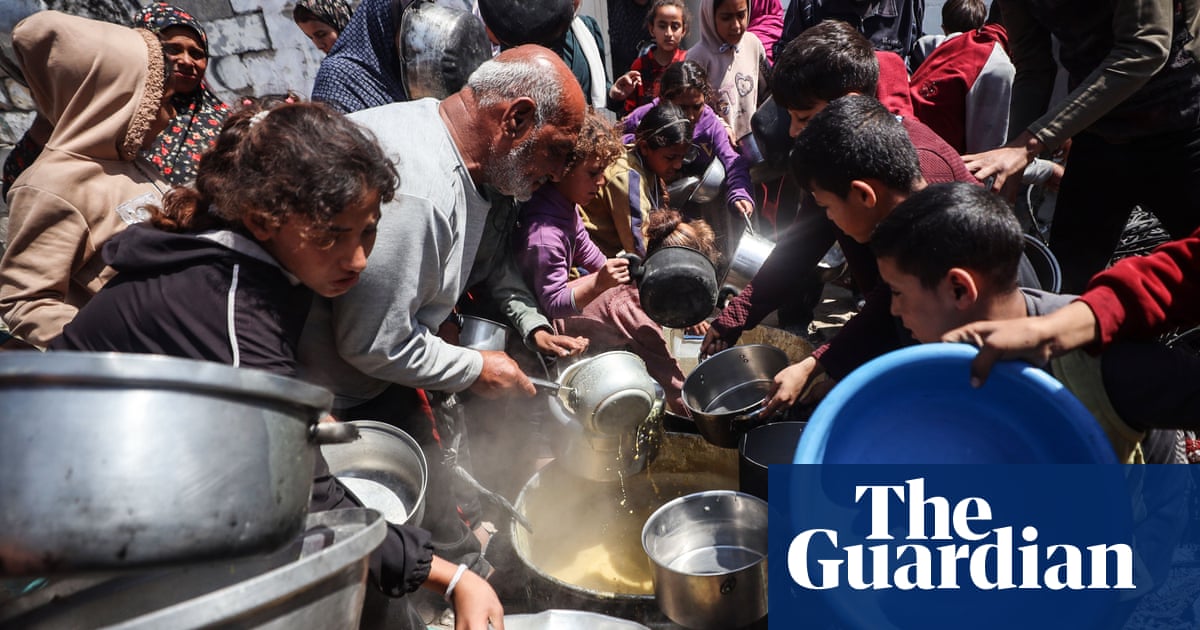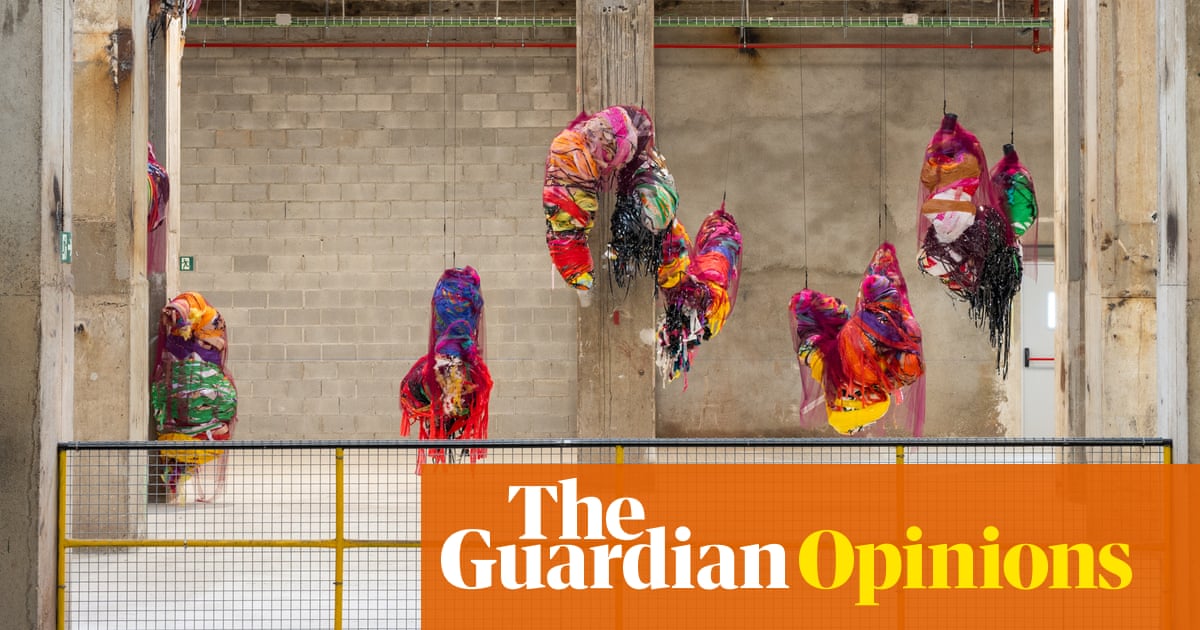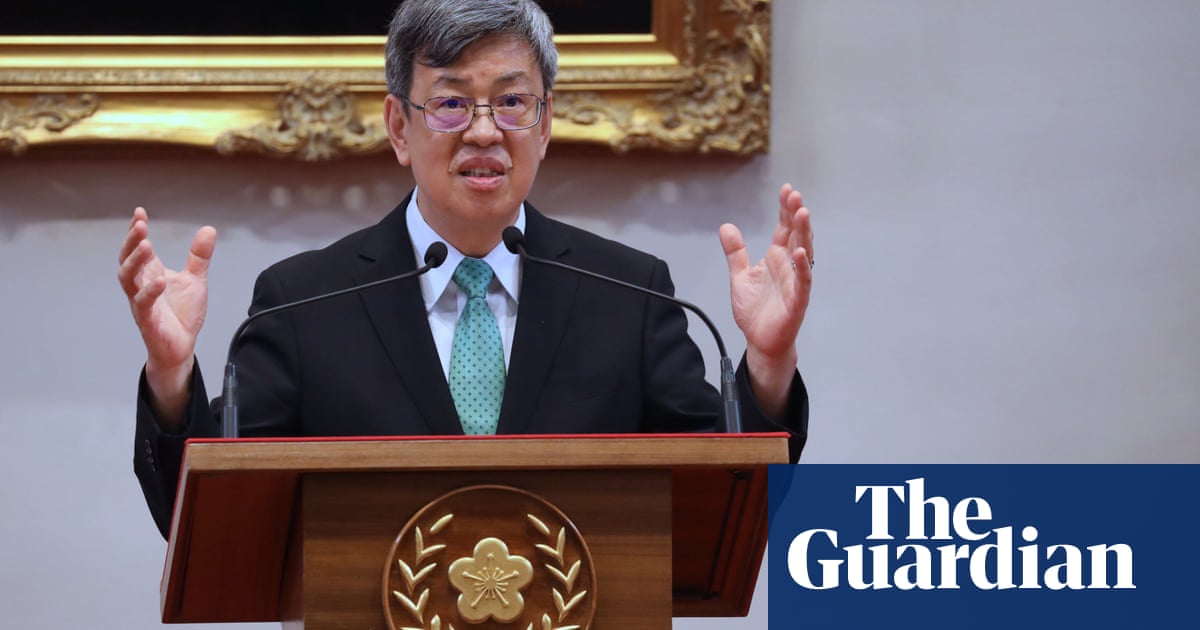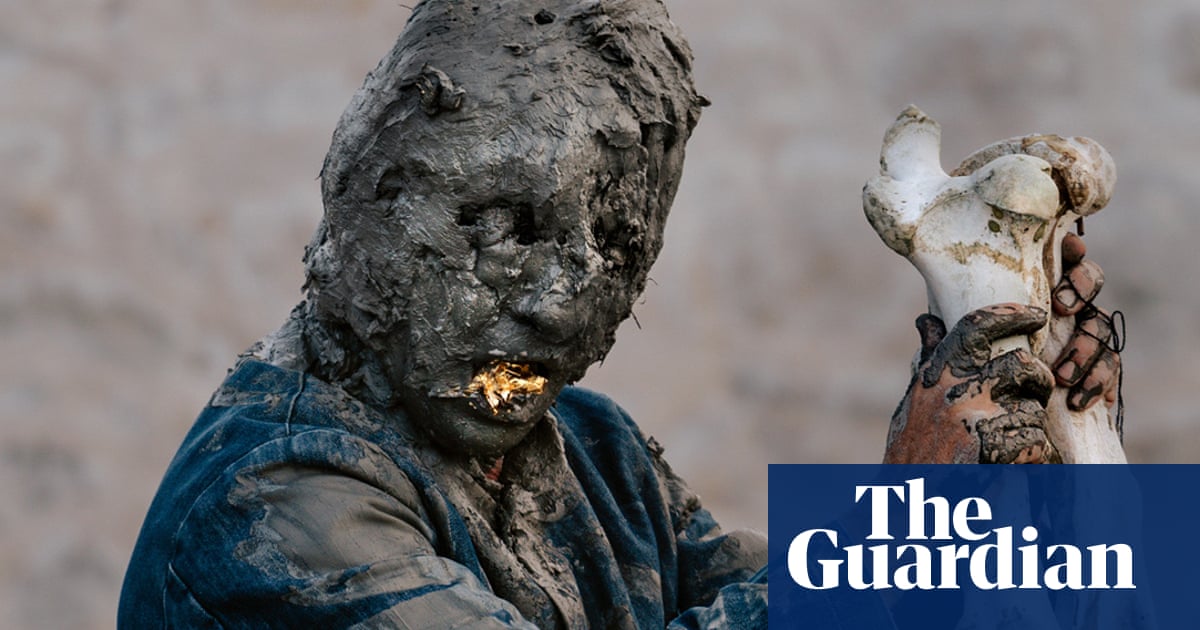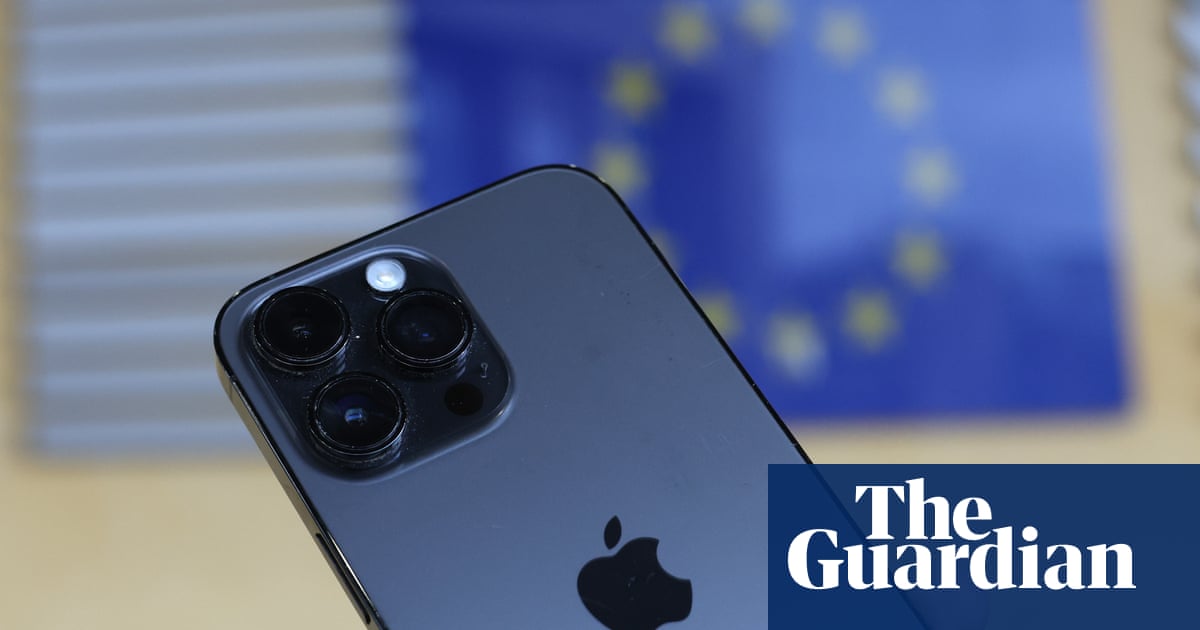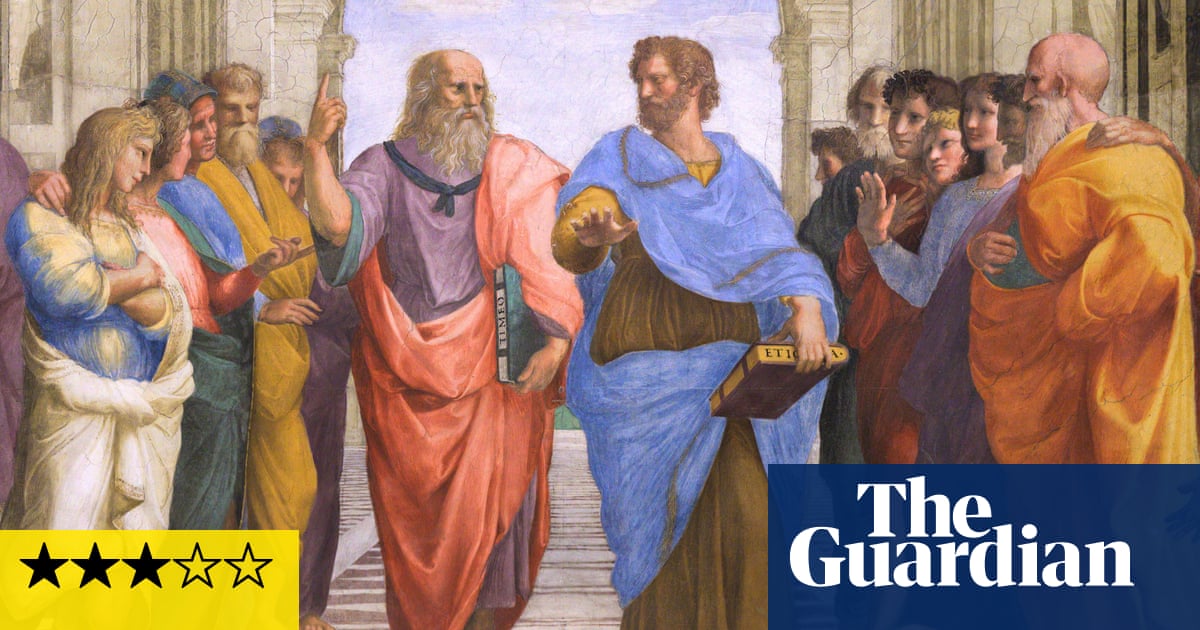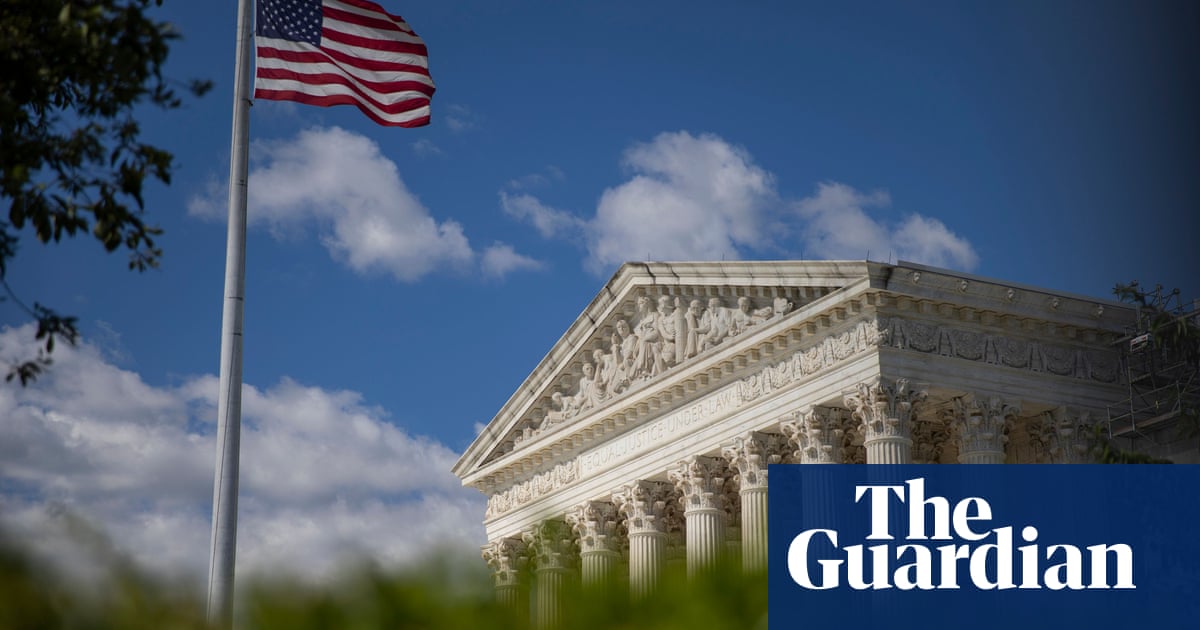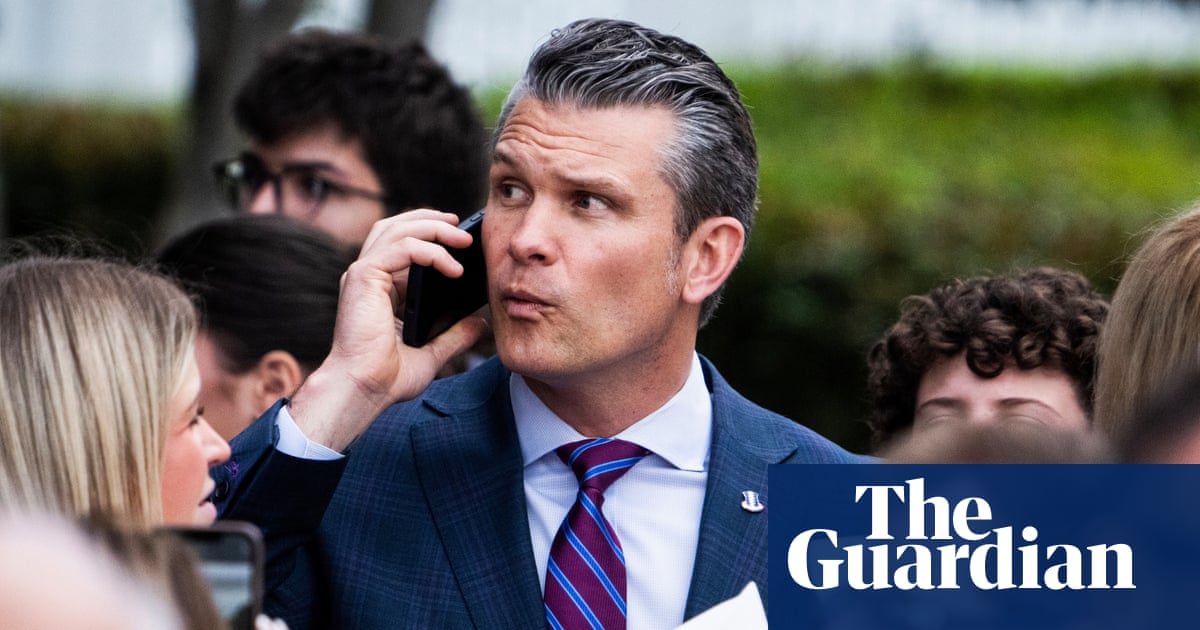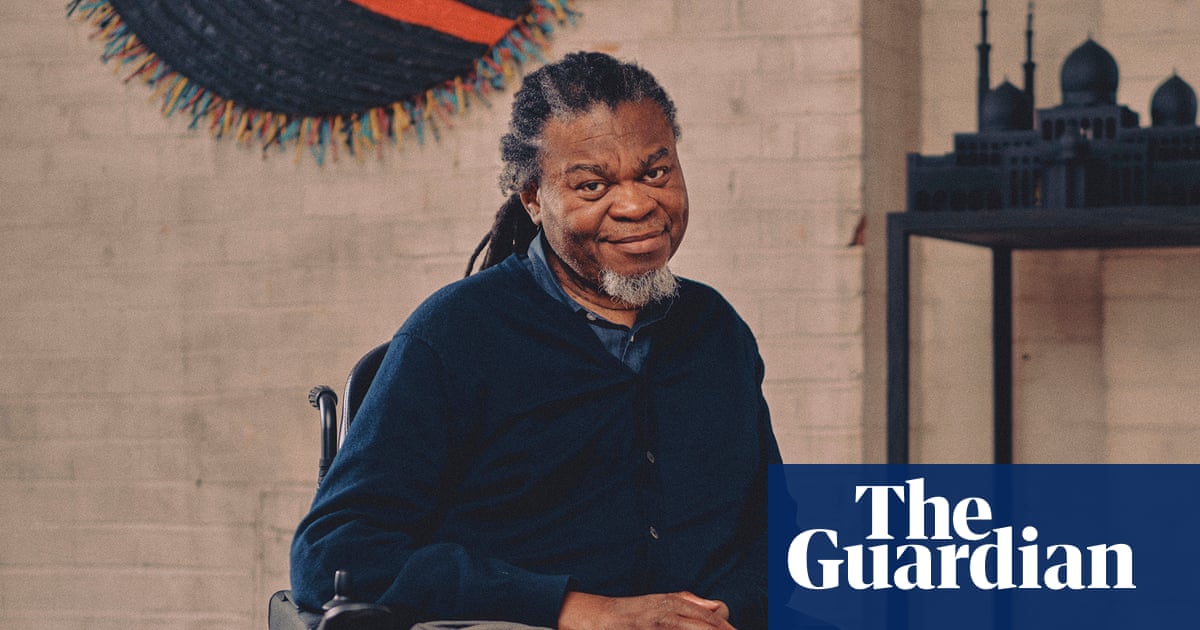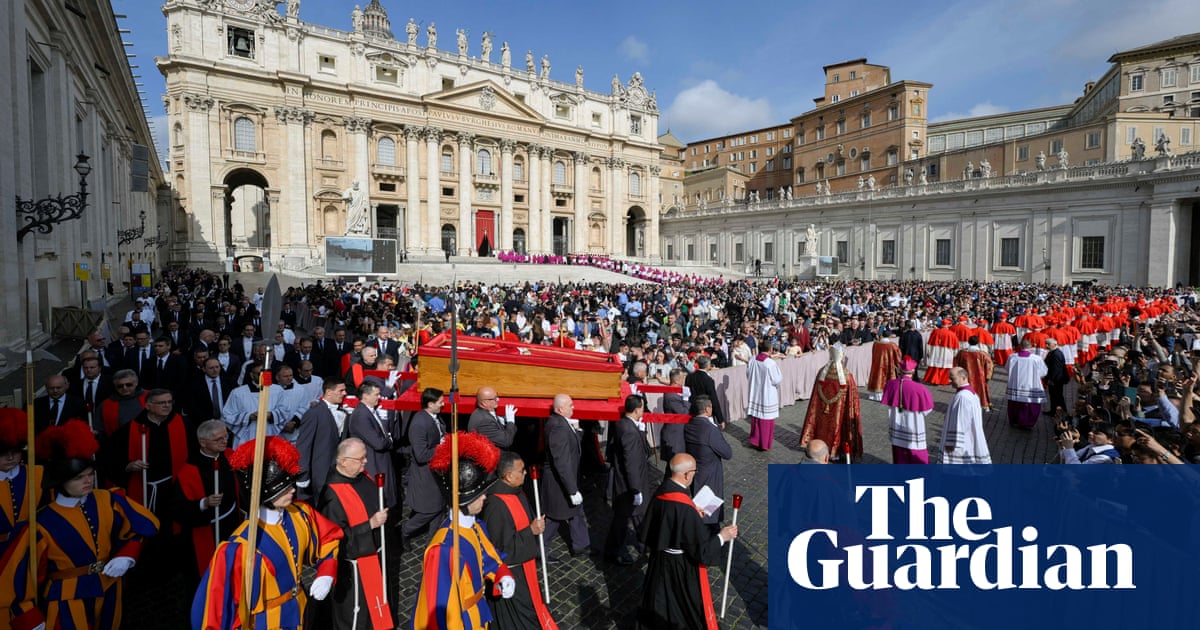Pope Francis died hours after meeting the US vice-president, JD Vance. If that wasn’t a bad enough omen, the Republican congresswoman Marjorie Taylor Greene, Donald Trump’s acolyte and self-styled “Christian nationalist”, appeared to welcome the pope’s death as a sign of “evil” being “defeated”.
In fact, despite a series of clashes with the Trump White House, Francis was no liberal. While refraining from judging homosexuality, he explicitly disapproved of the liberalising synodal path embarked on by the Catholic church in Germany, which ruled in 2023 that church employees could not be sacked for entering same-sex relationships or remarrying after divorce. On abortion, euthanasia, women and LGBTQ+ rights, Francis betrayed the high hopes that liberals and progressives had bestowed upon him.
Liberals also had reason to be critical of the pope’s stance on Ukraine, where Francis appeared to sympathise with Russia’s narrative of the war, suggesting it was caused by, in his words, “Nato barking at the gates of Russia”. This didn’t make Francis unsympathetic to Ukrainian suffering. The pontiff, especially through the efforts of Cardinal Matteo Zuppi, tirelessly sought to mediate over the war’s humanitarian issues, starting with Russia’s alleged abduction of Ukrainian children, for which the international criminal court has issued an arrest warrant for Vladimir Putin. But the pope’s political reading of the war – blaming Nato’s expansion, lambasting Europe’s rearmament, suggesting that Ukraine should surrender and downplaying Russia’s imperial ambitions – were problematic.
In this respect, the Argentina-born pope was unambiguously one of, if not the, global south’s most powerful voice. Francis was not only the first pope from Latin America, but the first non-European to lead the church since the Syrian-born Pope Gregory III in the eighth century. Francis’s scepticism of US foreign policy, sympathy towards Russia and criticism of consumerism and globalisation should be read in this light.
But Francis was not just a powerful voice from the global south. He was a uniquely principled one as well. On the Middle East, and in particular Gaza, he was steadfast in his support for human rights and international law. What was so striking was not just his moral stance, but his unwavering solidarity with Palestinian suffering. Every evening, including as he became increasingly frail and ill, he called the only Catholic parish in the devastated Gaza Strip.
More broadly, Francis stood for inter-faith dialogue, resetting Christian-Muslim relations after the strains caused by his predecessor, Benedict XVI. Francis engaged with Sunni leaders, with the first visit of a pontiff to the Gulf and the signing of a document on human fraternity in 2019. His outreach extended to Shias, with his historic meeting in Najaf, Iraq with Grand Ayatollah Ali al-Sistani in 2021.

Francis made himself a pope of the global south also by speaking out forcefully on health, poverty, climate and migration. In his 2015 encyclical, Laudato Si’, Francis elevated climate and environmental protection to the same level as social justice in the Vatican’s doctrine. During the Covid-19 pandemic, his address in a creepily empty St Peter’s Square will remain ingrained in the hearts and minds of hundreds of millions of followers. As the son of migrants and a spokesperson of the left behind, Francis was scathing in his criticism of Fortress Europe. His very first trip as pontiff was to the island of Lampedusa, in the Italian Mediterranean, where tens of thousands of people attempting to migrate to Europe have lost their lives.
More recently, Francis lambasted the inhumanity of Trump’s mass deportations, taking issue with Vance’s distortion of the Catholic principle ordo amoris. Vance had suggested that compassion should be shown to one’s own family and compatriots before the rest of the world, and cited ordo amoris as theological justification for what is a morally unjustifiable migration policy.
Francis spoke about issues close to the left behind. He did so by upholding a level of principle rarely, if ever, demonstrated, by leaders of the global north or, in fact, of the global south. Last week I was in Bandung, Indonesia, at a conference on the lessons of the very first Afro-Asian conference in 1955, at which 10 principles were agreed. Covering human rights, sovereignty, territorial integrity, non-aggression and the equality of races and peoples, the 10 Bandung principles inspired a new spirit of solidarity among formerly colonised countries.
Today, that spirit seems lost. Countries in the global south rightly accuse the global north of hypocrisy and double standards. But they are often driven as much by transactionalism, populism, opportunism and self-interest as countries in the north. They are adamant about denouncing their adversaries’ violations of rights and the rule of law, but far more reluctant to do so when these are committed by friends. And they are extremely reluctant to take concrete action in defence of international law when it might harm their own interests.
Francis was different. He was close to the causes of the global south but took an unquestionably principled stance towards them. He embodied the spirit of solidarity enshrined in the Bandung agreement – a spirit that is now in alarmingly short supply.
When the 135 cardinals in the conclave meet in a few weeks to choose the next pontiff, there is good reason to believe that the apocalyptic direction of travel desired by the far-right Maga world will not come about.
The Catholic church under Francis has changed significantly and several of the cardinals considered papabili (literally, “papable”) either come from the southern hemisphere or are close to the views that Francis embodied. Living up to Francis’s legacy as a principled voice of the global south will not be easy. But the world needs it more than ever.
-
Nathalie Tocci is a Guardian Europe columnist

 5 hours ago
4
5 hours ago
4

